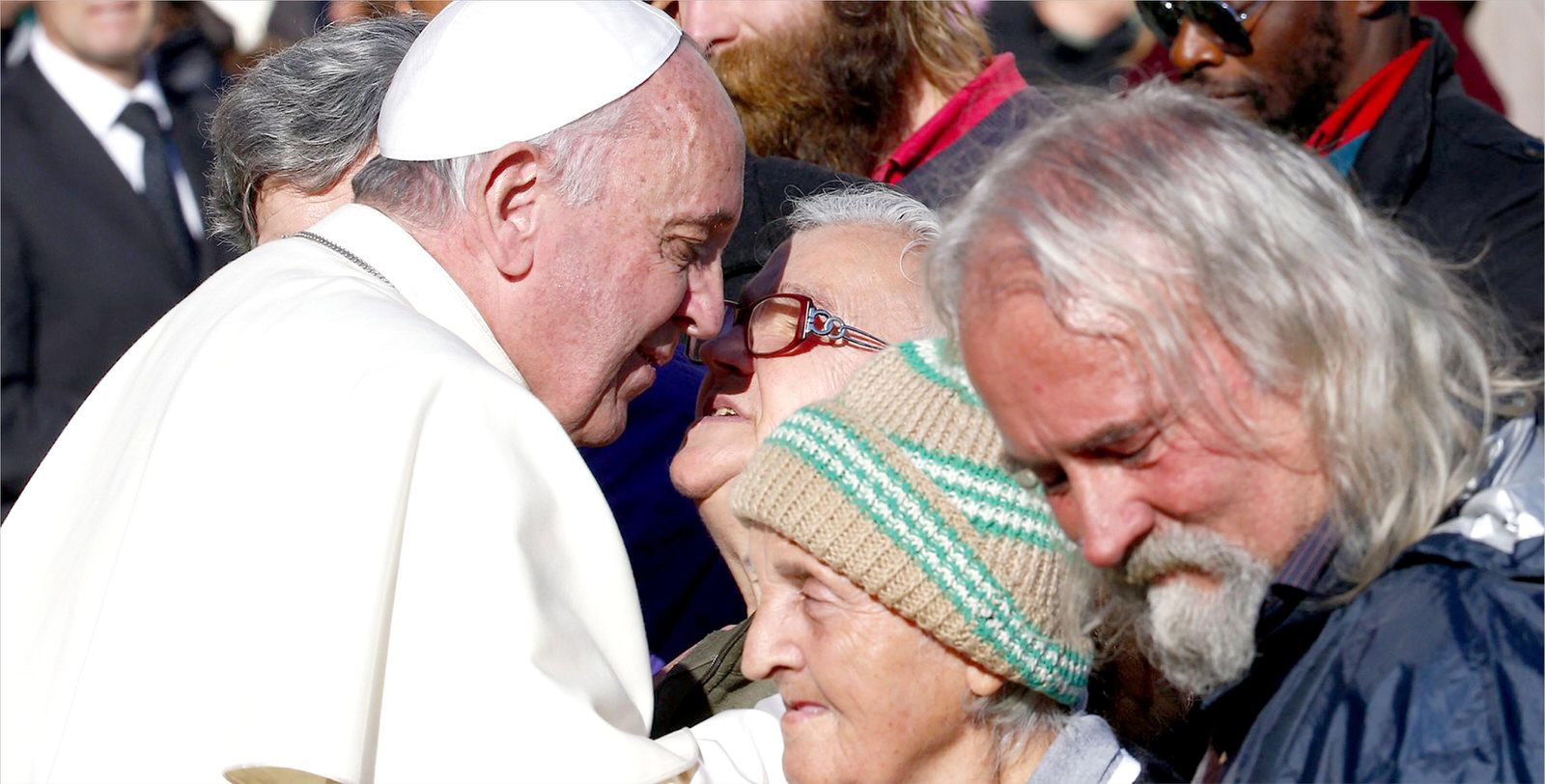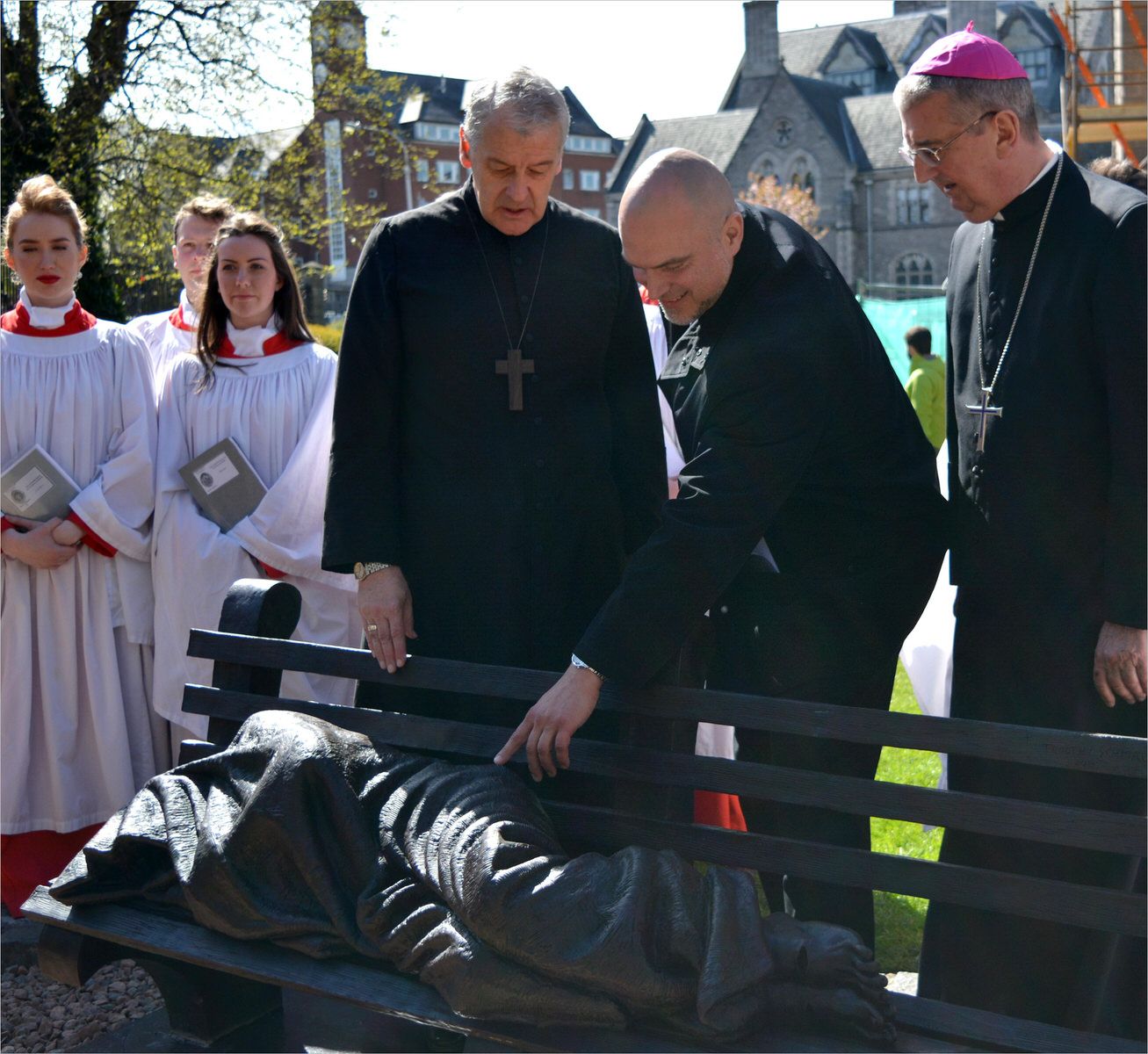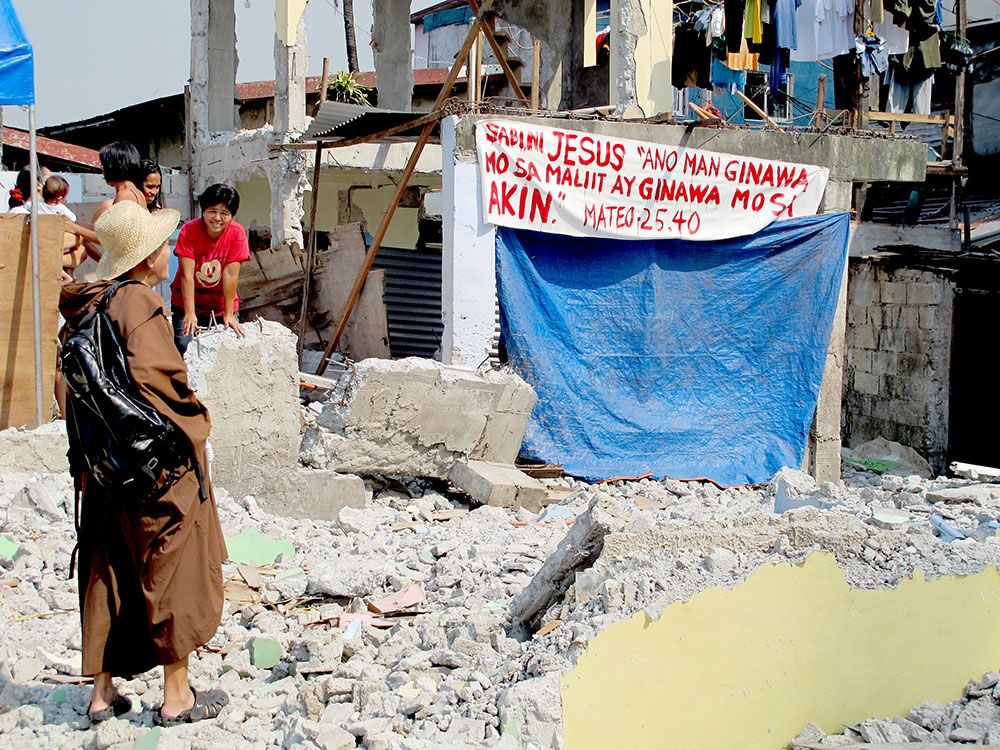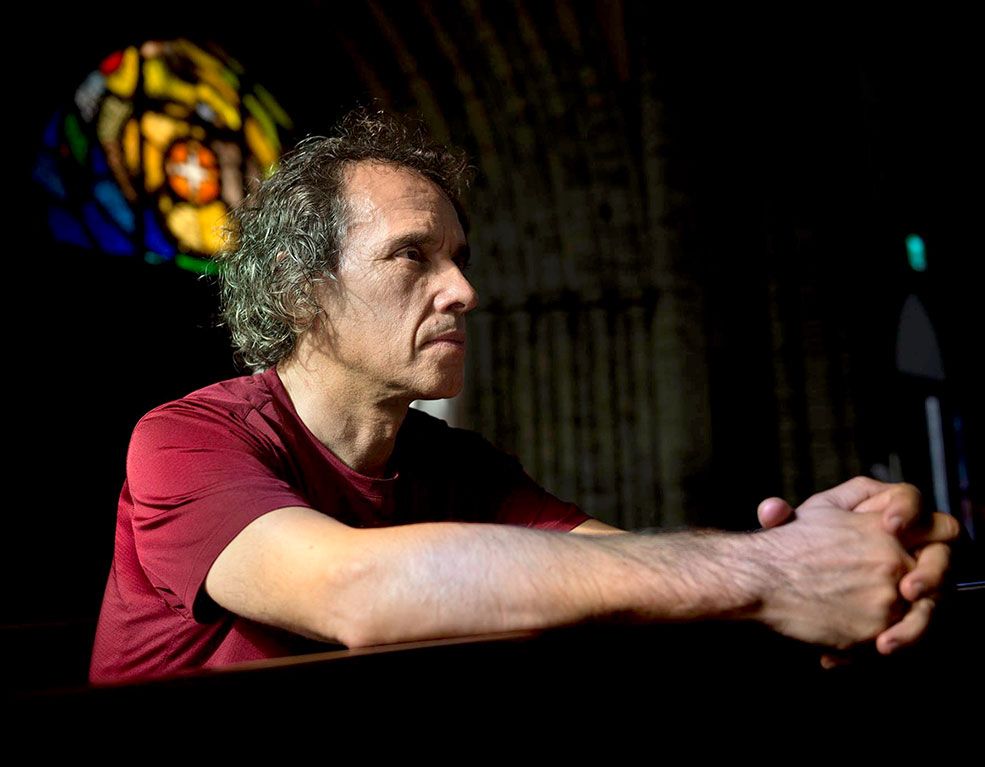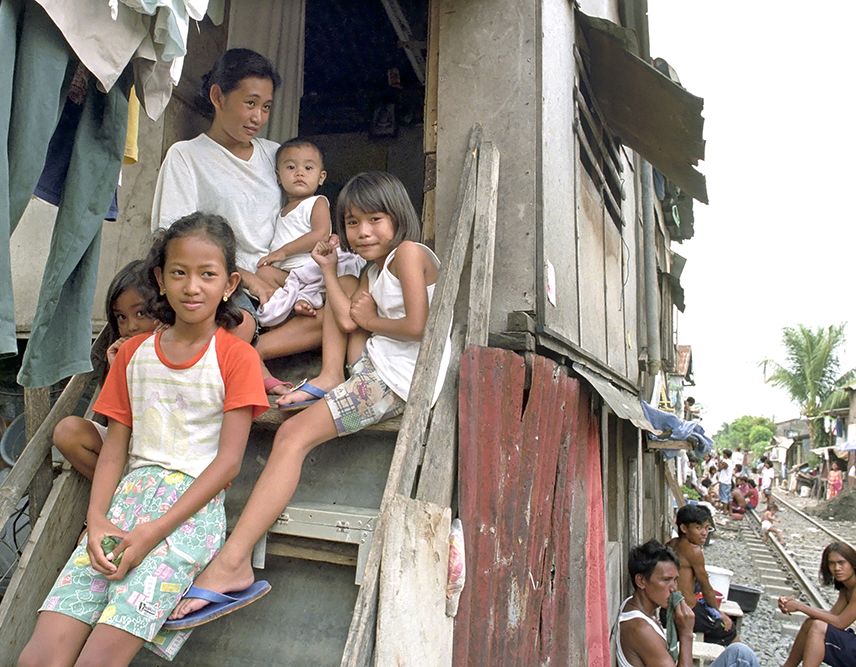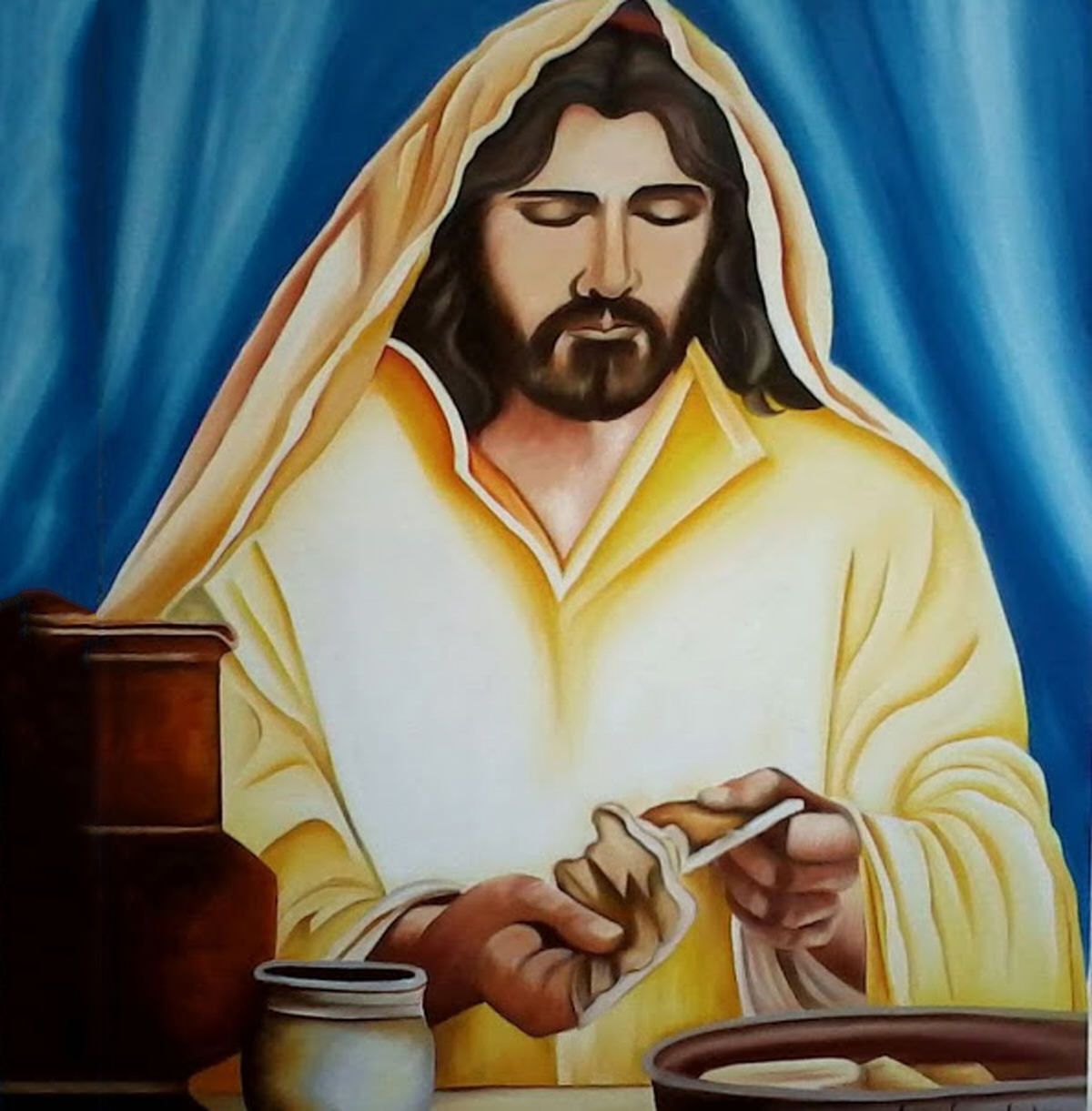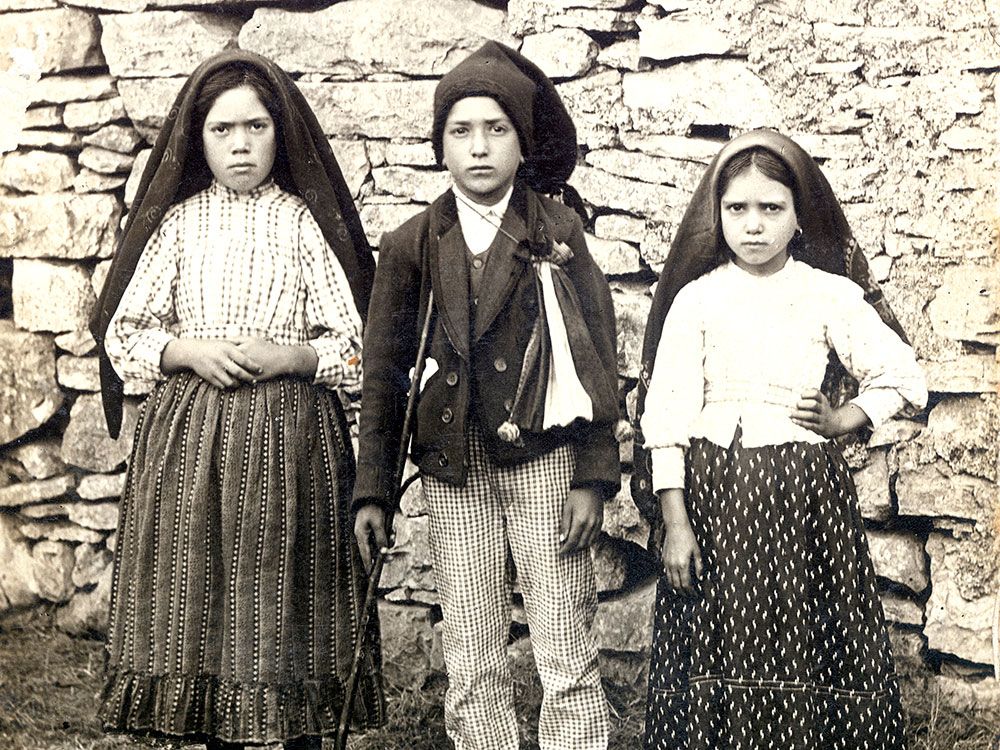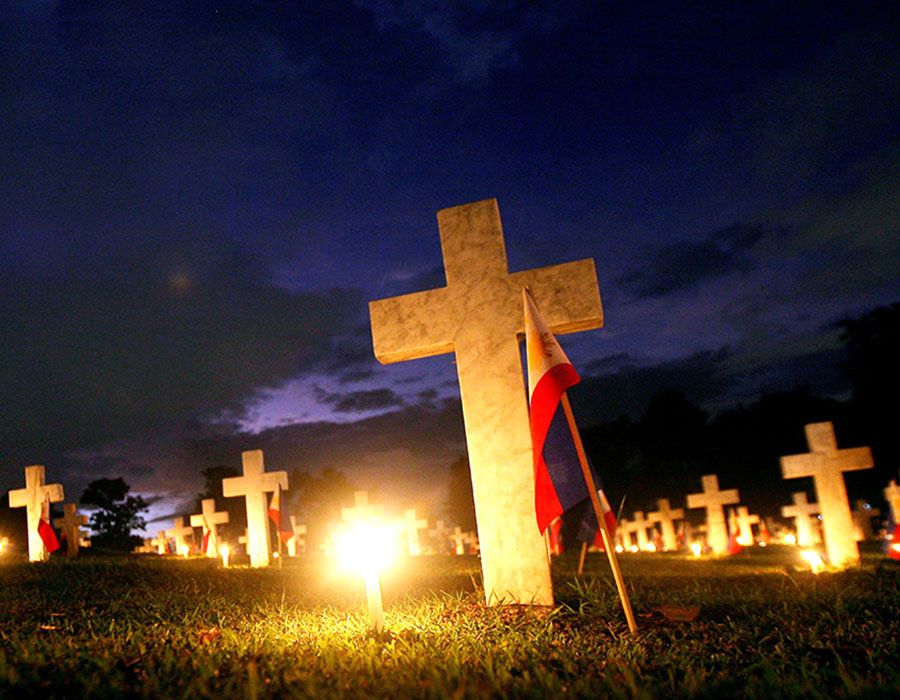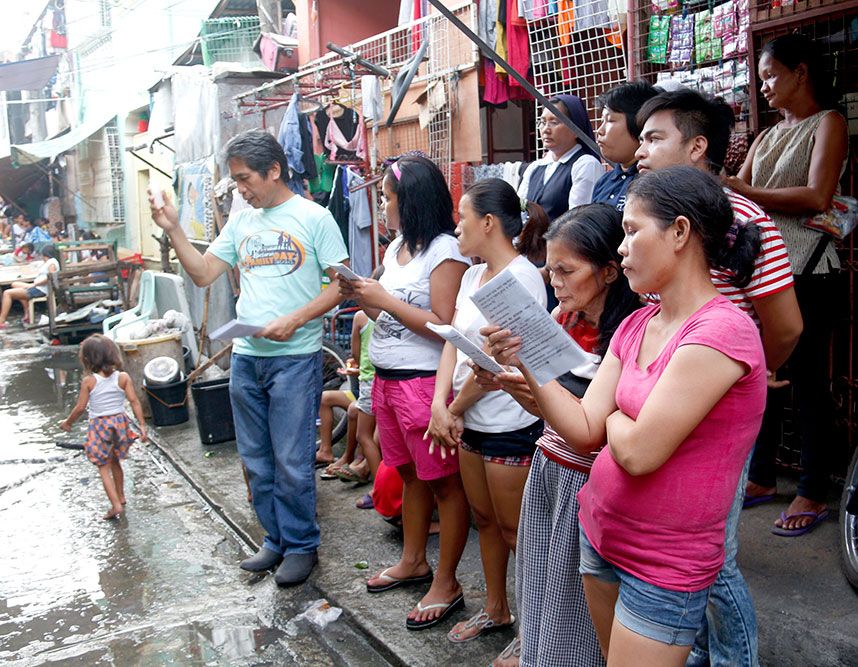Thanks to Pope Francis, the name Willy Herteleer will live for posterity. When he passed away on 12 December 2014, Willy was known only to a few clerics, religious and Swiss Guards in the Vatican as a constant presence on the backstreets behind St Peter’s Basilica. Now, this Flemish man of no fixed abode, who died of exposure in mid-winter, will forever be remembered as the first homeless person to be buried in the Vatican. At Pope Francis’ say so, he lies in the Teutonic cemetery behind St. Peter’s Basilica, a place formerly reserved for aristocrats.
One of the statements of Francis’ pontificate so far has been his visible and practical outreach to the homeless and the poor. His solidarity with Willy was not just because Willy was pious, attending two masses a day or because Monsignor Amerigo Ciani, who had befriended Willy, asked for the burial. It was because at the heart of the Argentinean Jesuit’s faith is his concern for the impact of the economy of exclusion and inequality on people just like Willy.
In his Apostolic Exhortation Evangelii Gaudium, the Pontiff asked, “How can it be that it is not a news item when an elderly homeless person dies of exposure, but it is news when the stock market loses two points?” He emphasized that just as the commandment ‘Thou shalt not kill’ sets a clear limit regarding the value of human life, we must also say ‘Thou shalt not’ to an economy of exclusion and inequality because this kind of economy also kills.
Dignifying the homeless
Pope Francis’ good deed for Willy Herteleer is just one of a number of gestures of solidarity he has undertaken towards the homeless pilgrims who drift towards the Vatican in search of Christian charity. Increasingly, this Pope is seen as a strong advocate on their behalf. “A little bit of mercy makes the world less cold and more just,” the Pope has said. With that in mind, he used the occasion of his 78th birthday, in December 2014, to give out 400 sleeping bags to street sleepers. An unostentatious but helpful gift similar to his chief almsgiver, Monsignor Konrad Krajewski’s redistribution of the hundreds of umbrellas, left behind by visitors at the Vatican museums, to the homeless to keep them dry.
The renovation earlier this year of public toilets in the shadow of Bernini’s late 17th-century colonnade around St Peter’s Square incorporated three public showers for the homeless. These are open six days a week, only closing on Wednesdays when the piazza is thronged with pilgrims attending the Pope’s general audience. A free toiletry kit, including soap, deodorant, toothpaste, razor, shaving cream and even fresh pair of underwear, was also distributed. Now a barbershop for the homeless opens every Monday, the day when Rome’s other barbershops are all closed. Professional hairdressers have joined students from local beauty schools and Sisters from religious orders in volunteering their time to help spruce up the homeless and give them a sense of their own dignity. This is a practical and thoughtful response through deeds, not sweet words. As Monsignor Krajewski has highlighted, such efforts help elevate homeless people who are otherwise shunned.
Slum bishop
In his native Buenos Aires, Archbishop Bergoglio was known as the “slum bishop” because of his care for the poor. As a Jesuit, vowed to poverty, who has taken to heart the Gospel teachings on the poor, he knows that the Vatican is all too often seen as the epicenter of privilege. Telling a large group of homeless people, “this is a house for everyone,” as they were given a private viewing of the Sistine Chapel, is a striking statement about his priorities. It is mirrored in his decision to eschew the Apostolic Palace for the simpler St Martha Residence. In Evangelii Gaudium, Pope Francis writes: “This is why I want a Church which is poor and for the poor. They have much to teach us. Not only do they share in the sensus fidei but, in their difficulties, they know the suffering Christ. We need to let ourselves be evangelized by them…” (n.98).
“Holiness does not mean doing extraordinary things, but doing ordinary things with love and faith,” Pope Francis said. In his contribution to the book, “The Francis Factor – A New Departure,” the retired Bishop of Killaloe in Ireland, Willie Walsh, recalls Pope Francis’ words in Evangelii Gaudium: “I can say that the most beautiful and natural expressions of joy which I have seen in my life were in the poor people who have nothing to hold on to” (n.7). According to Bishop Walsh, Francis is freer than most to bring the plight of the poor center stage in the life of the Church. By heightening our awareness of the poor, he is freeing us to be voices for the poor in our own countries, dioceses and parishes.
Through these symbolic acts of kindness and his challenging comments on homelessness, the Pope is tackling our complacency. At an international symposium on the pastoral care of street people, organized by the Pontifical Council for the Pastoral Care of Migrants and Itinerant People last September, the Pope underlined: “No child chooses to live on the streets. Sadly, even in our modern, globalized world, any number of children continue to be robbed of their childhood, their rights and their future. Lack of legal protection and adequate structures only aggravates their state of deprivation: they have no real family or access to education or health care.”
Francis has warned that the culture of prosperity deadens us; we are thrilled if the market offers us something new to purchase. “In the meantime, all those lives stunted for lack of opportunity seem a mere spectacle; they fail to move us. Almost without being aware of it, we end up being incapable of feeling compassion at the outcry of the poor, weeping for other people’s pain, and feeling a need to help them, as though all this were someone else’s responsibility and not our own.”
He warned that every child abandoned or forced to live on the streets, at the mercy of criminal organizations, is a cry rising up to God, who created man and woman in his own image. “It is an indictment of a social system which we have criticized for decades but which we find hard to change in conformity with criteria of justice.”
Obligations to the poor
The Pope says he wants “a poor Church for the poor.” In Evangelii Gaudium, he sets out the obligations Christians have to the poor, and their duty to establish and maintain just economic, political, and legal orders because the world “can no longer trust in the unseen forces and the invisible hand of the market.” He is challenging society to refocus its priorities to give greater attention to the needs of the weakest – the homeless, the addicted, refugees, indigenous peoples, the elderly who are increasingly isolated and abandoned. Of the neo-liberal model of economics, he has warned: “The promise was that when the glass was full, it would overflow, benefiting the poor. But what happens, instead, is that when the glass is full, it magically gets bigger – nothing ever comes out for the poor.”
His fellow Jesuit and renowned campaigner on homelessness, Fr. Peter McVerry, writes in his essay, “Pope Francis and the Poor,” that each individual Christian and every community is called to be an instrument of God for the liberation and promotion of the poor, to enable them to be fully a part of society. This demands that we be attentive to the cry of the poor and to come to their aid. Jesus’ command to His disciples: “You yourselves give them something to eat!” (Mk 6:37) means we must work to eliminate the structural causes of poverty and to promote the integral development of the poor, as well as small acts of solidarity.
“Francis is challenging well-established systems of power, wealth and privilege and questioning the morality of ever-widening inequality and the way systems develop to shield some people’s wealth at the expense of opportunity for others. It is a God-filled message that some of his critics are unwilling to hear,” according to Fr. McVerry. In Evangelii Gaudium, Pope Francis notes that Christians, with the help of their pastors, are called to hear the cry of the poor…. “Seeing their poverty, hearing their cries and knowing their sufferings, we are scandalized because we know that there is enough food for everyone and that hunger is the result of a poor distribution of goods and income.”
Calling for greater care for street women and children last September, Pope Francis said: “It is troubling to see the increasing number of young girls and women forced to earn a living on the street by selling their own bodies, victims of exploitation by criminal organizations and, at times, by parents and family members. This is a shameful reality in our societies which boast of being modern and possessed of high levels of culture and development. Widespread corruption and unrestrained greed are robbing the innocent and the vulnerable of the possibility of a dignified life, abetting the crime of trafficking and other injustices which they have to endure. No one can remain unmoved before the pressing need to safeguard the dignity of women, threatened by cultural and economic factors!” According to Fr. McVerry, “what Francis has done is to put the poor, the problems of inequality and structural injustice at the heart of the Church’s mission and, therefore, at the heart of Christian spirituality and living.”
Launching the special Year of Mercy in December, the Pope formally opened a Holy Door at the Caritas hostel for the homeless which is located near Rome’s Termini Railway Station. During a jubilee year, a special indulgence is offered to pilgrims who pass through holy doors. Traditionally, holy doors are opened at the four papal basilicas in Rome: St. Peter’s, St. Paul’s Outside the Walls, St. Mary Major and St. John Lateran. By including a holy door at a homeless hostel, the Pope has reminded the faithful of their obligations to the homeless and marginalized and that God’s special favor is with those neglected by society. “The Pope loves everyone, rich and poor alike, but he is obliged, in the name of Christ, to remind all that the rich must help, respect and promote the poor” (n. 58). Donna Crilley Farrell, executive director of the World Meeting of Families in the U.S.A., echoes Pope Francis: “The mission of the Church has always been to care for those less fortunate. In Pope Francis, we have a model of how to care for the less fortunate,” she adds.
“Not to share one’s wealth with the poor is to steal from them and take away their livelihood. It is not our own goods which we hold but theirs,” Francis has warned in Evangelii Gaudium. It is something St. Ambrose highlighted in the 4th century when he wrote: “It is not from your own possessions that you are bestowing alms on the poor; you are but restoring to them what is theirs by right. For what was given to everyone for the use of all, you have taken for your exclusive use. The earth belongs not to the rich but to everyone. Thus, far from giving lavishly, you are but paying part of your debt.”

